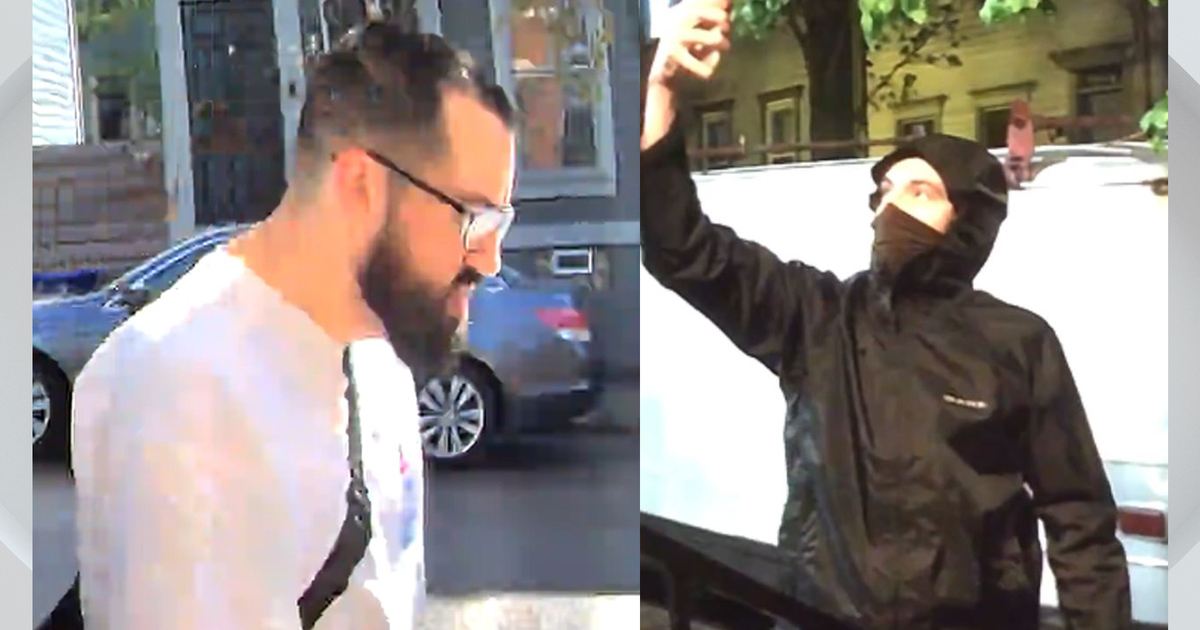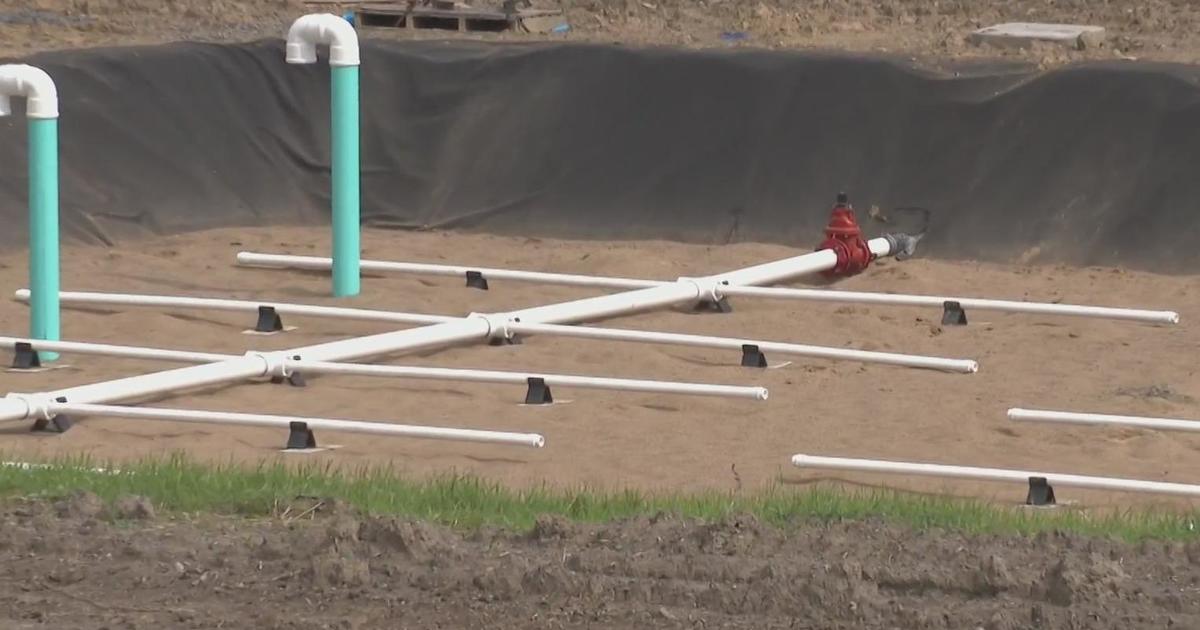Inside Politics With Jon Delano: Congress Rolls The Dice On Economic Stimulus
PITTSBURGH (KDKA) -- There is nothing like a national or international crisis to bridge the partisan divide in the U.S. Capitol.
Well, maybe.
Deciding how to spend $1 trillion to stimulate the economy as it, too, succumbs to the coronavirus may turn out to be more difficult than imagined. But clearly there is a bipartisan will to do something.
The goal is to help those most impacted economically by the pandemic, and that includes lots of individuals, small businesses, and some large sectors of the economy involved in travel and tourism, as millions now engage in their own forms of "sheltering" in place.
To its credit, Congress and the president have already acted on two major pieces of legislation.
Over 72 hours in early March, both the House and Senate approved and the president signed the Coronavirus Preparedness and Response Act, an $8.3 supplemental appropriations bill. This was a no-brainer first reaction to the crisis.
Most of that emergency money ($6.2 billion) is going to the U.S. Department of Health & Human Services to be used for the research and development of vaccines and tests, along with the Centers for Disease Control and Prevention, the National Institute of Allergy & Infectious Diseases, and the Food & Drug Administration.
Then, on March 14, the House passed the Families First Coronavirus Response Act.
House Democrats wanted to focus attention on everyday Americans, they said, by providing free testing for COVID-19, improving food assistance, increasing funding for Medicaid, and providing paid sick leave and unemployment benefits for certain workers who qualify.
In the end, many Republicans supported these measures, and the Senate passed the bill, which the President signed Wednesday night.
The third measure that is now the subject of negotiation between the two political parties and both Houses of Congress is this $1 trillion economic stimulus package.
The key may be whether Republican Majority Leader Mitch McConnell and Democratic Minority Leader Chuck Schumer can set aside their personal animosities and partisan inclinations to forge a deal.
The White House and many lawmakers in both parties like the idea of cash payments to individual Americans, perhaps $1,000 on April 6 and again on May 18, suggests the Treasury Department.
But exactly how much should that check be and at what income levels?
Should it go to everyone, or just those out of work, or to those who earn under $100,000 or $150,000?
Additionally, the White House would like to set aside at least $200 billion to "bailout" or "rescue" the airline industry, the cruise industry and the hotel industry which have taken a huge economic hit because of the pandemic.
But some lawmakers in both parties are skeptical.
They oppose all bailouts, while others say any money directed to, say, the airline industry must be redirected to pay laid-off airline workers their lost wages, not simply line the pockets of corporate executives.
Less controversial may be relief for small businesses that employ most of America's workers.
The White House is talking about $300 billion in loans to small companies with no more than 500 employees.
These government-guaranteed loans could finance six weeks of payroll at no more than $1,540 per week per employee, allowing employees to get a paycheck.
Under some plans, loans used for payroll could be forgiven in the end.
And with this kind of money, everybody will have a favorite add-on. Schumer has already called for a "Marshall Plan" for the health care industry, saying they need assistance to increase hospital beds.
And he wants to expand unemployment insurance, saying current plans don't pay laid-off workers enough.
Here's another concern. Given the uncertainties of the coronavirus impact, will any plan work to boost the economy and minimize the expected recession?
It's basically a roll of the dice.



